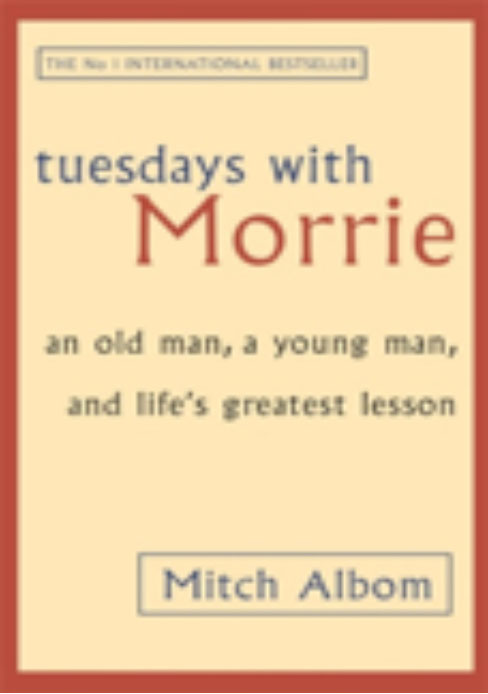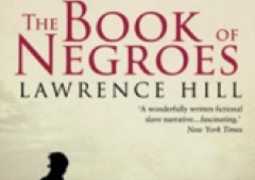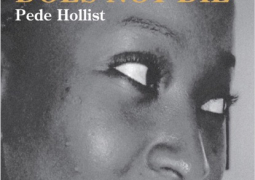
It is a book about an old man’s reflections on life. I have noticed that older people don’t seem to judge as much as kids my age, and I like that they give advice based on their experience. I loved this book. Morrie doesn’t hold on to the past much, because he’s all about forgiveness and loving those who surround him.
The book is a true story, and the author, Mitch Albom, starts the story in the spring of 1979, when he is a college student at Brandeis University. He has a favorite professor named Morrie Schwartz who teaches a social psychology course.
Morrie becomes Mitch’s mentor, that one person in life you have endless admiration for and turn to for knowledge and advice. At Mitch’s graduation he introduces Morrie to his parents. “You have a very special boy here,” says Morrie. Mitch promises he’ll stay in touch, but doesn’t.
Fifteen years later Morrie is stricken with an incurable illness called Lou Gehrig’s disease. Mitch had settled in Detroit and become a successful sports journalist. Although he made a lot of money and has a lot of material things, he was not happy.
In 1995, Morrie is interviewed by Ted Koppel on ABC’s Nightline, and Mitch sees him on TV. He decides to reconnect with Morrie.
He travels to Morrie’s home. After not seeing Morrie for 16 years Mitch freezes; he has no words while Morrie hugs him. “My old friend,” whispers Morrie. “You’ve come back at last.”
They start talking and Morrie tells him, “You know I’m dying. Shall I tell you what it’s like?” After that Mitch begins visiting Morrie every Tuesday. They decide these talks should be held like a class although Mitch is the only student. The subject is “The Meaning of Life.” As Mitch later writes, “Although no final exam was given, you were expected to produce one long paper on what was learned.” The paper is the book.
The chapter about the first Tuesday is titled “We Talk About the World.” While talking, Mitch notices a stack of newspapers in Morrie’s kitchen that had already been read. “Do you bother keeping up with the news?” Mitch asks.
“Do you think that’s strange? Do you think because I’m dying, I shouldn’t care what happens in this world?” He goes on to say that now that he’s suffering he feels other people’s suffering “as if it were my own.”
Another reason I like this book so much is that like Morrie, I’m philosophical. I love to think about the world and everything around us. I also like the expression “Everything happens for a reason.” I think it is mostly true. I feel confident most of the time, and I’m starting to understand failure is part of the process of being successful. You just have to keep trying.
Some of the other aspects of life they discuss are “Feeling Sorry For Yourself,” “Regrets,” “Death,”
“Family,” “Emotions,” and “Forgiveness.”
My favorite topic is “Death” because as soon as Morrie learns he is sick, until the end, he doesn’t hold back. He keeps moving forward. What struck me the most about him is that he wasn’t afraid. Morrie says to Mitch, “Once you learn how to die, you learn how to live.” That’s a meaningful quote to me because I believe he’s saying once you lose the fear of death you can make every second count when you’re alive. “I want to die serenely, peaceful, no witness.” Unlike Morrie I believe it would be easier to be asleep when I’m dying. He wanted to be conscious and alone.
In the chapter on family, Morrie points out how material possessions, money, and fame can’t replace your loved ones. Morrie mentions a quote “Love each other or perish” from the poet W.H. Auden which I think is true. Knowing that you have people in your life who are there to protect you is more powerful than anything else. I believe this was the worldview he explored as a social psychologist; rather than focusing on money and power, we should focus on love, family, and respect. I think this conversation in particular had one of the bigger impacts on Mitch, who was consumed with money and his career before the two started their talks.
In the last “class,” they say good-bye. Many parts of this book are moving, but this one was hard to read, especially on an early train ride when I was in a quiet mood. It was sad. It felt so real, I read the book twice. The second time, I had to skip over the chapter when he dies to avoid tears.
In the book’s conclusion, Mitch is reflective and writes, “If my old professor Morrie Schwartz taught me anything at all, it was this: there is no such thing as ‘too late’ in life.” In fact, Mitch reconnects with a brother he had lost touch with; he even dedicates the book to him.
I got so much from learning Morrie’s perspective. In the center of the book there’s a quote by American historian Henry Adams: “A teacher affects eternity; he can never tell where his influence stops.” Someday I hope to meet a Morrie of my own, somebody with experience who can help me walk through my life challenges, and who I would look up to as a teacher.
Available at Timbooktoo tel 4494345





